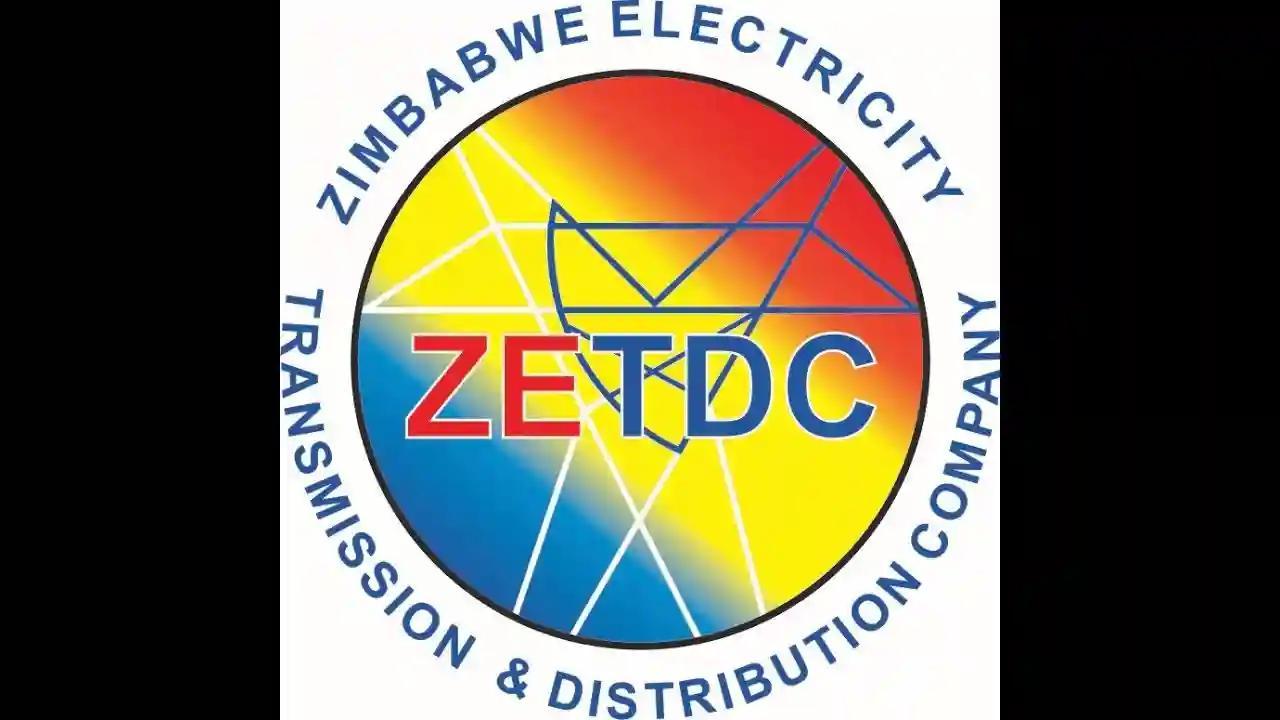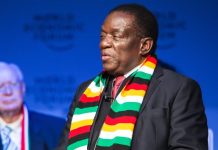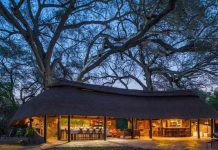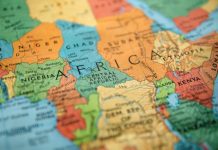Africa-Press – Zimbabwe. The Zimbabwe Electricity Transmission and Distribution Company (ZETDC) on Wednesday, 13 December, said that the country is experiencing depressed electricity generation due to low water levels in Lake Kariba and routine maintenance service of Hwange Power Station’s Unit 8.
In a statement, ZETDC said the water level at Kariba Dam has fallen to 11.84 per cent which has restricted power generation. It said:
The national grid is generally depressed in terms of generation, largely due to the depressed availability of water at Kariba where we have been restricted to generating a daily average of 300MW instead of the maximum capacity of 1050MW. The water Lake level currently stands at 11.84 per cent.
Furthermore, as previously updated, the Hwange Unit 7 returned to service on 30 November after successfully undergoing a routine C- Type maintenance.
Unit 7 and Unit 8 ran concurrently from 1-8 December 2023 in preparation for the Unit 8 routine C-Check which commenced on the 8th of December 2023.
Indications so far point to the fact that the plants have been built to world-class standards.
Zimbabwe requires about 1 800 MW of electricity per day but the country is currently generating just over 1 00MW resulting in frequent blackouts and load shedding.
The country’s electricity generation primarily relies on a mix of sources, including thermal power plants, hydroelectric power, and imports.
The largest power plant in the country is the Hwange Thermal Power Station, which utilises coal as fuel.
The Kariba South Hydroelectric Power Station is another significant source of electricity, harnessing the power of the Zambezi River.
However, these power generation facilities have faced technical challenges, insufficient maintenance, and financial constraints, leading to reduced capacity and unreliable power supply.
In recent years, the Government of Zimbabwe, through the Zimbabwe Energy Regulatory Authority (ZERA) has granted licences to Independent Power Producers (IPPs) to augment power generated by the power utility ZESA Holdings.
Renewable energy, especially solar, has gained attention as a viable solution to diversify the energy mix in Zimbabwe.
There have been initiatives to promote solar power projects, including the establishment of solar farms and the introduction of net metering to encourage residential and commercial solar installations.
For More News And Analysis About Zimbabwe Follow Africa-Press






